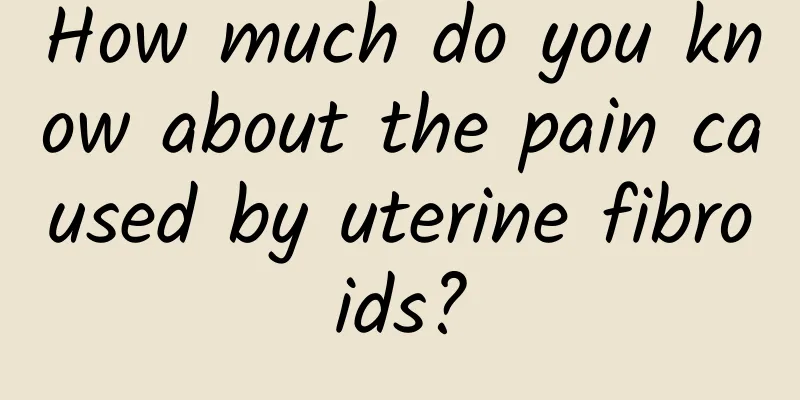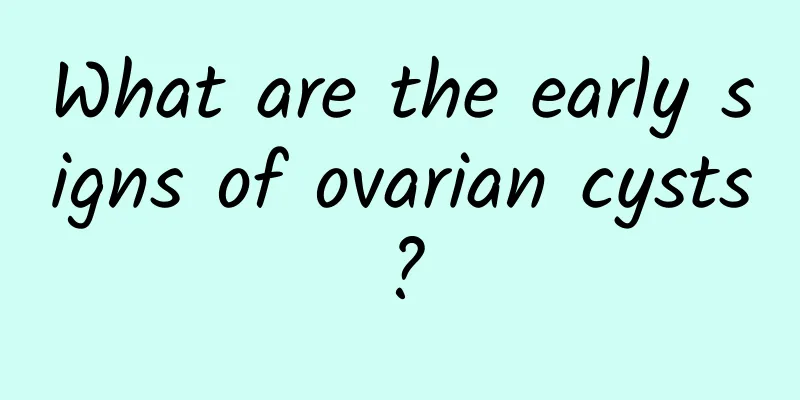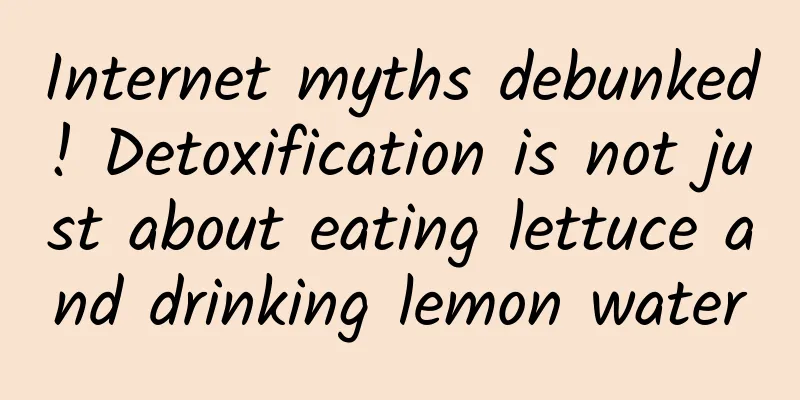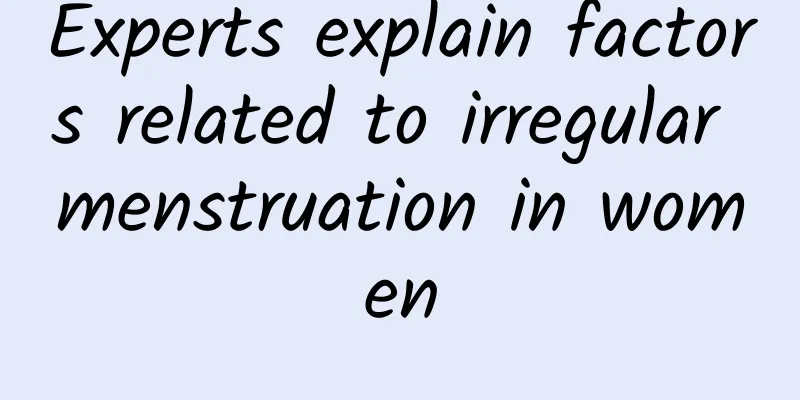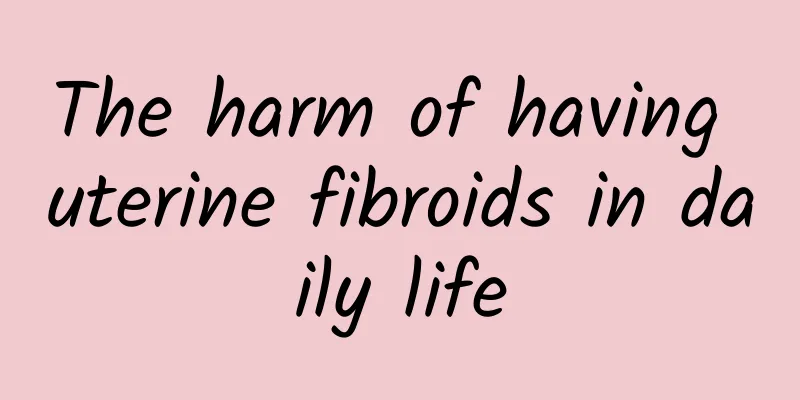More than half of the people in Taiwan are iodine deficient and prone to obesity
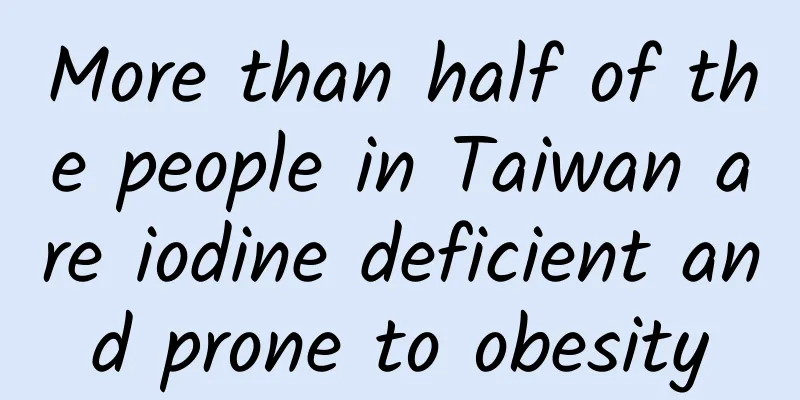
|
Many people are worried that a diet too salty will increase the risk of cardiovascular disease, and their diets are becoming lighter and lighter. Intake of too little iodized salt may lead to obesity. The National Health Administration stated that more than half of the people in the country have insufficient iodine nutrition intake, which can easily cause thyroid enlargement, slow metabolism, fear of cold and weight gain in the long run. It is recommended that people without special disease conditions can moderately supplement their daily diet with iodized salt and iodine-containing foods to be healthier. A survey by the National Health Administration found that more than half of the Chinese population is iodine deficient, which may be due to long-term consumption of too little iodized salt. Iodine is good for your health! Iodine deficiency may affect metabolism and mental function The National Health Administration announced the results of the "2010-2013 National Nutritional Health Status Change Survey Urinary Iodine Concentration Analysis Project" analysis. In 2013, the median urine iodine concentration of the population over the age of 6 in Taiwan was 96 micrograms/liter, and 51.9% of the people had urine iodine concentrations below the World Health Organization's recommended iodine concentration lower limit of 100 micrograms/liter. The National Health Administration states that iodine is an essential nutrient for maintaining thyroid function. The thyroxine secreted by the thyroid gland can promote the body's metabolism and tissue growth. When it is deficient, one is prone to feeling tired, afraid of the cold, thyroid enlargement, and mental dysfunction. One may also gain weight due to slower metabolism. The reason why more than half of the Chinese people suffer from iodine deficiency is speculated to be related to the long-term lack of consumption of iodized salt and the lack of consumption of iodine-containing foods. 4 magic weapons to supplement iodine and save your health! Patients with thyroid disease should be careful when eating To maintain good metabolism and physical fitness, the National Health Administration provides four "iodine supplement methods" to remind people to pay attention to iodine intake. However, it should be noted that if people who have been iodine deficient for a long time suddenly supplement iodine in large quantities, it may induce thyroid enlargement. It is recommended that they develop the habit of a balanced diet and supplement iodine slowly. In addition, patients suffering from iodine-induced goiter and those who must undergo iodine-131 radiation examination or treatment due to thyroid disease should follow the doctor's instructions to choose iodine-free salt and avoid foods with high iodine content. The iodine contained in iodized salt and natural foods will be lost during the cooking process, so it is recommended to add iodized salt for seasoning after low-temperature cooking to reduce the loss of iodine. ★ Iodine supplementation method 1: choose iodized salt Natural sea salt contains only a very small amount of iodine, which is not enough to meet the needs of the human body. According to the "Dietary Reference Intakes (DRIs) for Chinese People", adults over the age of 19 need 140 micrograms of iodine per day. If iodized salt with an iodine content of 20 ppm is used as cooking salt, 1 teaspoon (about 5 grams of salt) a day can supplement about 100 micrograms of iodine. The National Health Administration recommends that people choose iodized salt with "potassium iodate" or "potassium iodide" listed on the ingredient list when purchasing salt. ★ Iodine supplementation method 2: Avoid long-term high-temperature cooking The iodine contained in iodized salt and natural foods will be lost during the cooking process. It is best to avoid frying, stir-frying, boiling and deep-frying at high temperatures for a long time. Steaming or mixing the food in a cold dish and adding iodized salt to season the dish before serving can reduce the loss of iodine. ★ Iodine supplement method 3: Eat natural foods rich in iodine Vegetarians can choose seaweed foods such as kelp, laver, and nori. In addition to seaweed, which is the richest in iodine, meat eaters can also obtain iodine from marine fish and shellfish. ★ Iodine supplementation method 4: Do not consume excessive sodium salt Although iodized salt is the most convenient source of iodine for people to take, salt itself is also a source of sodium intake. Excessive sodium intake in the diet is one of the main causes of high blood pressure and hypertension. The World Health Organization (WHO) recommends that iodine supplementation through the use of iodized salt should be combined with a healthy lifestyle habit of reducing salt intake. Therefore, the total daily salt intake for adults should still not exceed 6 grams. |
<<: Why do I gain weight no matter how much I eat? Obesity genes are to blame
>>: Calcium tablets replace milk? Expert: The key lies in the absorption rate
Recommend
Can women with uterine fibroids eat glutinous rice? Women with uterine fibroids should pay attention to two major issues
Patients with uterine fibroids must cooperate wit...
10 tips to reduce belly fat
I'm already very thin, why is my belly still ...
What are the causes of uterine fibroids? Is there any connection between uterine fibroids and estrogen?
Uterine fibroids are the most common benign tumor...
Patients with cervical hypertrophy need to understand their dietary precautions
At present, the incidence of cervical hypertrophy...
Specialized hospital for the treatment of congenital absence of vagina
Many patients are constantly looking for what kin...
How much does it cost to treat congenital absence of vagina?
How much does it cost to treat congenital absence...
How is pelvic inflammatory disease caused?
Pelvic inflammatory disease refers to a group of ...
Why do you have headaches during menstruation? Exercise moderately
Headaches in women during menstruation are genera...
What are the specific dangers of candidal vaginitis?
Many people do not know what candidal vaginitis i...
Treatment options for cervical precancerous lesions
Many people want to have a healthy body, but cerv...
What are the precautions for habitual miscarriage?
Things that need to be paid attention to in case ...
Does a low-sugar diet mean not eating starch? How much sugar should I reduce to lose weight? Five principles for healthy sugar reduction revealed
Does a low-sugar diet mean not eating starch? Man...
How to prevent uterine effusion in daily life
Uterine effusion is a manifestation rather than a...
Brisk walking or jogging, which one is the real "king of sports"?
Jogging was once regarded as the "king of sp...
What are the symptoms of uterine fibroids? What are the manifestations of uterine fibroids?
Many women want to know what the symptoms of uter...

